Oral Piercings
Body piercing have become popular and are often considered to be an expression of an individual as a fashion statement or is undertaken for cultural reasons.
Significant health risks exist to individuals from the piercing process itself. With piercing salons largely unregulated they often use self-trained staff who may have very little clinical and anatomical knowledge of the position of nerves, arteries and veins. In the best case scenario, soreness and swelling will be the only symptoms experienced following the piercing procedure. However, tongue and lip piercing can lead to emergencies immediately after the procedure or life-long problems. Read more…
Alcohol and Alcohol Fuelled Violence
Although most young people know alcohol should be consumed in moderation, many are unaware of the high levels of sugar and acid in alcohol and the juice, soft or energy drinks in which it is mixed. Excessive regular intake will greatly increase the risk of dental decay and tooth erosion (where the enamel is washed away). Even diet or ‘zero’ options contains very high levels of acid.
Worse still is the acid content of stomach acid that enters the mouth when one vomits, an unfortunate but not uncommon accompaniment for many young people on a night out. Regardless of the number of drinks you have, it is a good idea to drink plenty of water and try to match each alcoholic drink with a glass of water afterwards to dilute the effects of acid and sugar. You might even feel better the next day! Read more…
Smoking
Everyone who smokes is aware of the health risks associated with their habit (the graphic images on the packaging leave little to the imagination); however some people don’t know of the potentially long term dental issues that can occur. Not only is smoking associated with bad breath and discoloured stained teeth that don’t respond to whitening but there is also an increased risk of developing gum (periodontal) disease in smokers.
A major problem with smoking is that it tends to disguise the damage taking place to teeth and gums. Usually infected gums are red, puffy and bleed easily when they are brushed. Smoker’s gums are not like this – they are pale and thin and do not bleed easily, so the early signs of gum inflammation go unnoticed! Read more…
Drugs
Drugs of all descriptions, whether they be vitamins or natural remedies, prescription medications or illegal drugs can cause an imbalance in your mouth that can subsequently lead to dental problems. Read more…
Sports and Energy Drinks
Many young adults regularly use sports and energy drinks as a pick me up, but may be unaware they contain high levels of both sugar and acid. Even diet or ‘zero’ options, as well as flavoured water varieties contain plenty of tooth-eroding acids. Acidic drinks are the main contributor to tooth erosion where the hard outer enamel layer of teeth is irreversibly dissolved away, whilst sugar attacks the teeth causing decay. Read more…


